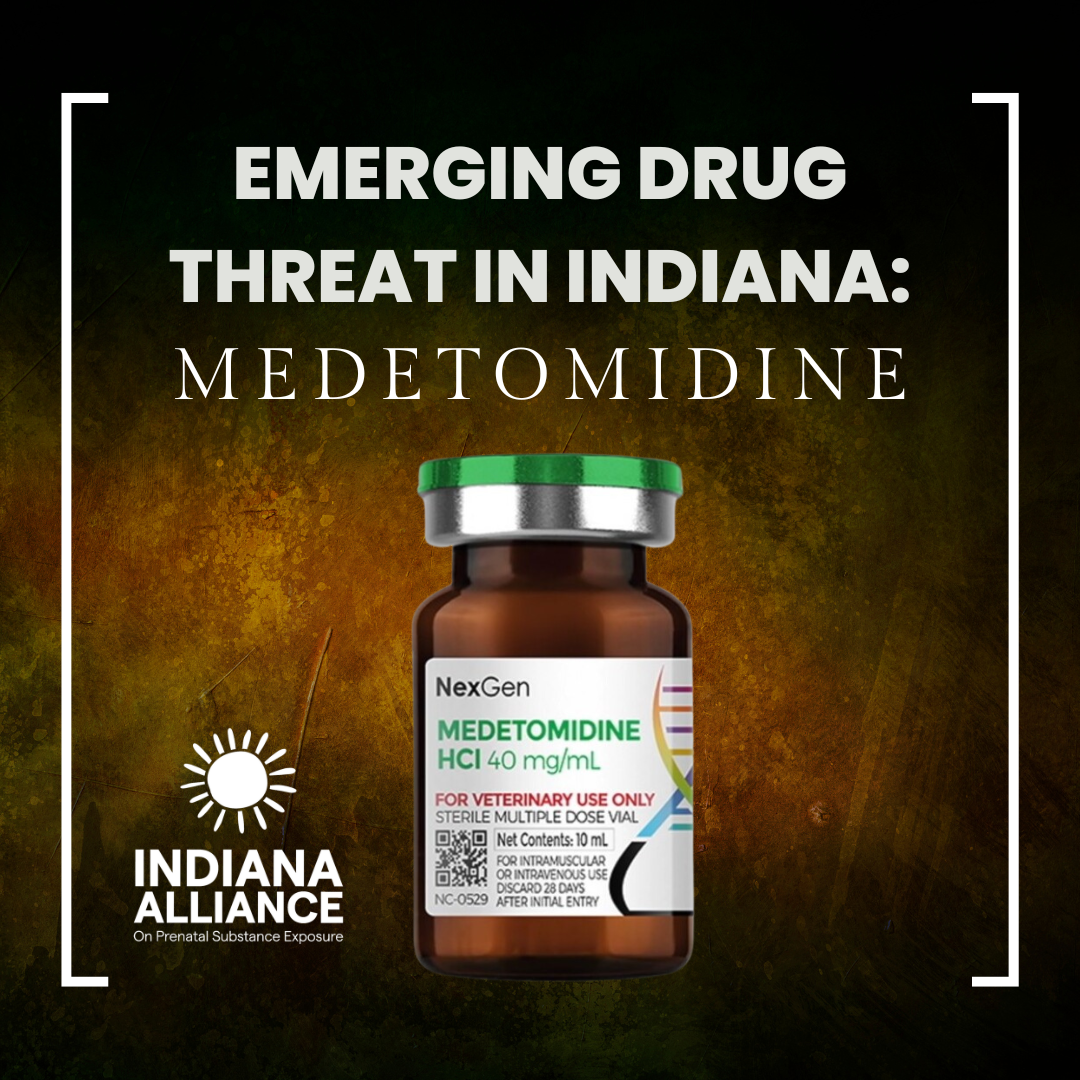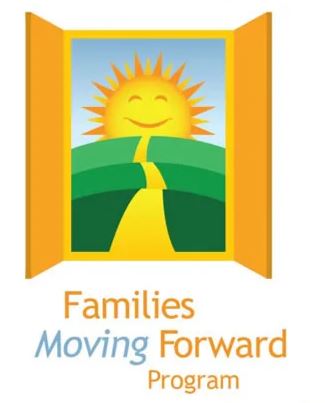
What is Gabapentin?
Gabapentin is a prescription anticonvulsant medication approved by the FDA to prevent and control seizures, treat neurologic pain from shingles, and treat moderate to severe restless leg syndrome. Gabapentin reduces the excitability of nerve cells in the brain.
Gabapentin is commonly prescribed “off label” to treat conditions such as anxiety, hot flashes, migraines, bipolar disorder, ADHD, alcohol use disorder, vomiting, nausea, itching, and skin picking.
The Danger of Gabapentin
Severe breathing problems can result if gabapentin is taken in conjunction with medications such as opioids, anti-anxiety medications, antidepressants, and antihistamines.
A recent study showed that in a cohort of 503 individuals misusing prescription medications, 15% used gabapentin specifically to experience a rush of euphoria or “high”. This was a 165% increase from the previous year.
Signs and symptoms of gabapentin misuse include:
- Confusion
- Dizziness or lightheadedness
- Slowed, shallow, or trouble breathing
- Unresponsiveness
- Seizures
- Memory loss
- Weight gain
- Movement problems such as problems with coordination or jerky movements
- Eye problems such as unusual eye movements or double vision
People who misuse gabapentin often take extremely high doses or combine it with other substances- prescription or illicit- to enhance effects. Gabapentin misuse can cause death.
Gabapentin and Pregnancy
Gabapentin is classified as a Pregnancy Category C medication by the FDA which means animal studies conducted with this medication have caused harm to the fetus. Although studies have found no significant increased risk of major birth malformations when pregnant women take gabapentin, it is not recommended for use during pregnancy unless the benefits outweigh the risks. Maternal use of gabapentin can cause cardiac malformations (heart defects) and is associated with a higher risk of pre-term birth, small for gestational age, and neonatal intensive care unit admissions.
If a pregnant person consumes gabapentin (with or without other substances) and experiences severe breathing problems, the fetus also has a risk of not receiving enough oxygen. This can result in fetal distress, and the prolonged lack of oxygen to the fetus can lead to brain injury, cerebral palsy, or stillbirth.
Infants exposed to opioids and gabapentin during pregnancy may have uncommon withdrawal symptoms including rapid eye movement, restlessness of the arms and legs, tongue thrusting, back arching, and involuntary muscle twitching.
Gabapentin, Alcohol, and Fetal Alcohol Spectrum Disorder
Gabapentin and alcohol are both central nervous system depressants that both act on the same neurotransmitters in the brain.
Based on research, we know:
- An individual with Alcohol Use Disorder is more likely to misuse gabapentin
- An individual with Alcohol Use Disorder is more likely to have an alcohol exposed pregnancy.
- An individual with prenatal alcohol exposure and a fetal alcohol spectrum disorder is more likely to use illicit substances
It is possible that gabapentin and alcohol misuse during pregnancy increases the fetus’ lifetime risk of alcohol and gabapentin misuse. Since gabapentin misuse is a newly emerging topic, much more research in this field is needed to draw solid conclusions.
Preventing Gabapentin Misuse
Providers should exercise caution in prescribing gabapentin for “off-label” use. Talk to your doctor if you are unsure if you are receiving a gabapentin prescription for “off-label” use. If you are prescribed gabapentin, you should only take it exactly as prescribed by your doctor.
Gabapentin should not be taken in conjunction with other substances such as alcohol, benzodiazepines, opioids, antidepressants, or antihistamines. Talk to your doctor or pharmacist about any drug interactions.
Some states have included gabapentin in their schedule of controlled drugs due to its increasing potential for misuse.
Disclaimer
This article is for informational purposes only and should not be interpreted as medical advice.
Resources:
American Addiction Centers (2023). Gabapentin: Uses, Side Effects, & Abuse
Centers for Disease Control and Prevention: Identifying Babies Born Exposed to Opioids
Cleveland Clinic: Fetal Distress
Cleveland Clinic: What is Gabapentin?
Drugs.com: Gabapentin Pregnancy and Breastfeeding Warnings
Mason, et al. (2017) Gabapentin for the treatment of alcohol use disorder.
Smith, et al. (2016). Gabapentin misuse, abuse, and diversion: A systemic review









